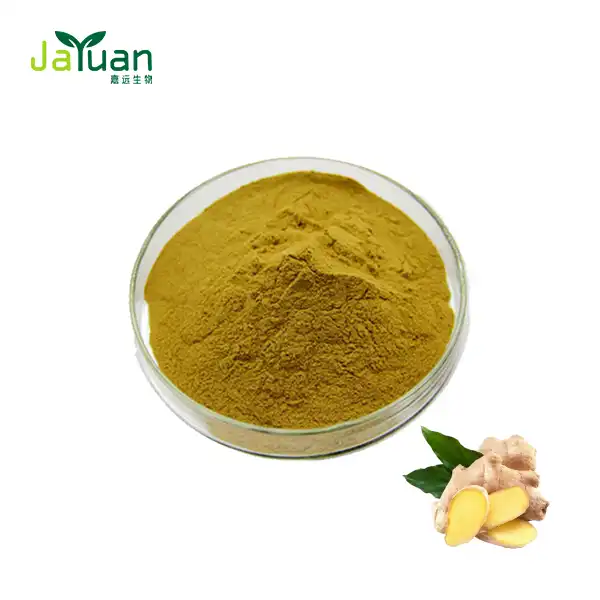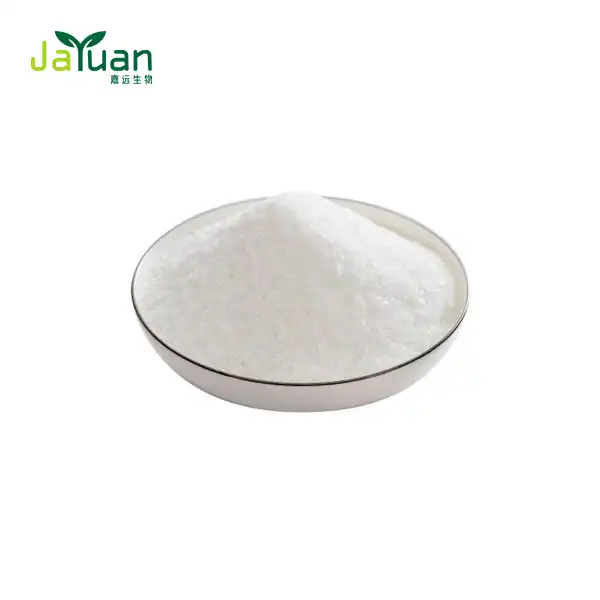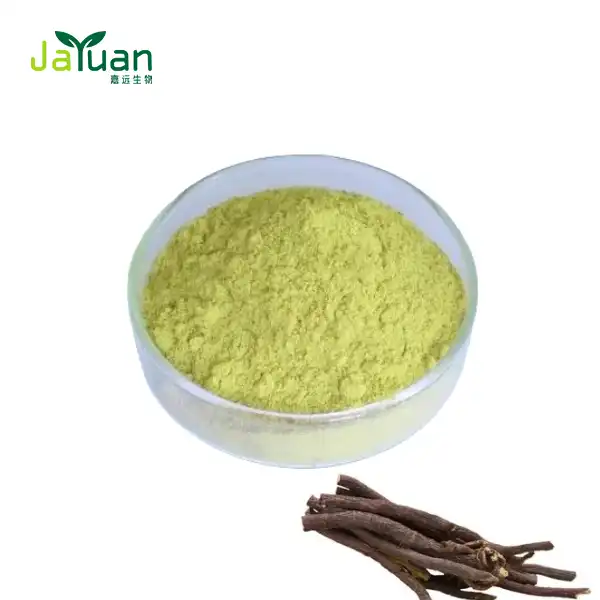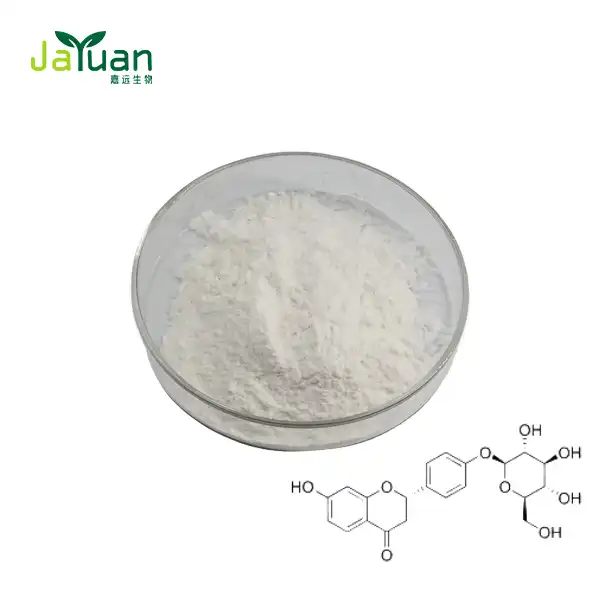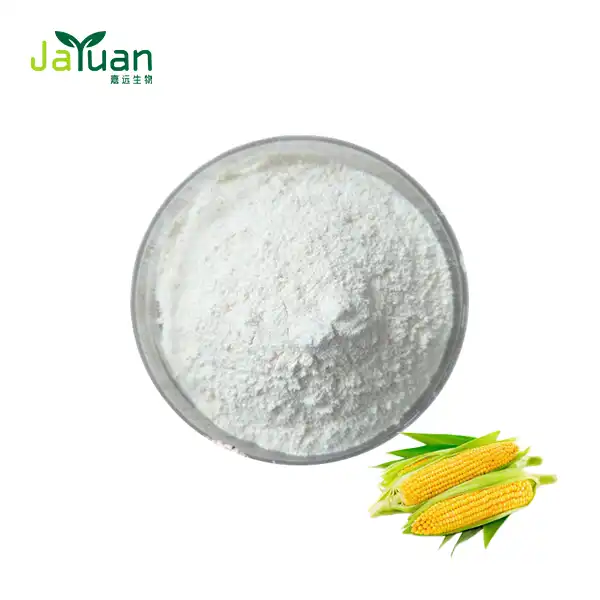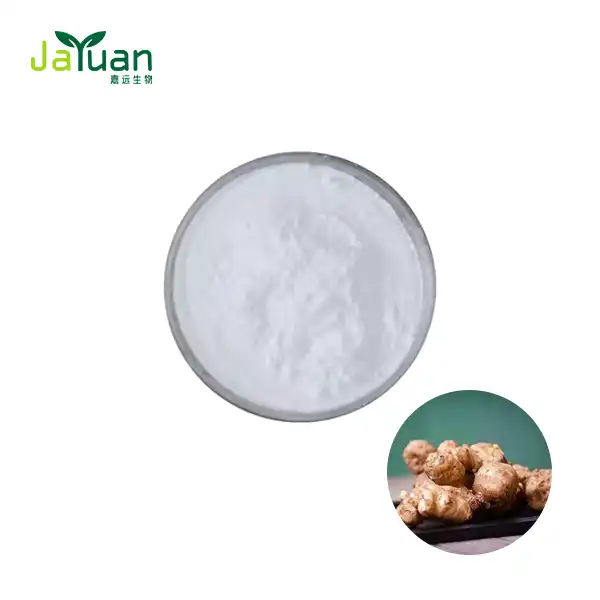Are Phytosterols Safe?
Phytosterols Overview
Plants naturally contain substances called phytosterols that resemble cholesterol in structure. They have a reputation for having possible health advantages, especially for lowering cholesterol.
They are chemicals found naturally in plants. Though they differ in a few ways that set them apart, they share structural similarities with cholesterol, a material present in animal tissues. As essential parts of cell membranes and participants in a number of biological processes, they are vital to the physiology of plants. One of phytosterols' well-known health advantages is their capacity to lower cholesterol in people.
When consumed as part of a balanced diet, they can interfere with the absorption of cholesterol in the intestines, leading to reduced levels of LDL (low-density lipoprotein) cholesterol, which is often referred to as "bad" cholesterol.This property has led to the addition of them to numerous foods, such as margarine and various types of yogurt, with the aim of promoting heart health.
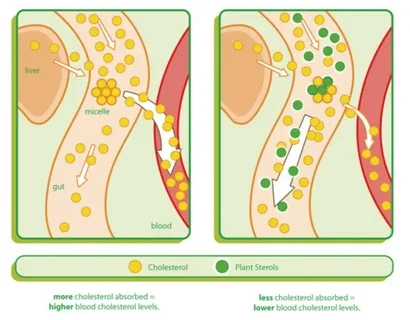
In addition to their effects on cholesterol, they have been studied for their anti-inflammatory and antioxidant properties. Studies have shown that they may protect the body from oxidative stress and lower inflammation, two factors that can cause chronic illnesses including cancer and heart disease. They are found in a wide variety of plant-based foods, including grains, nuts, seeds, fruits, and vegetables.
Among the foods highest in phytosterols include soybeans, wheat germ, sunflower seeds, and almonds. However, a variety of factors, including the type of plant, growth conditions, and processing techniques, might affect the concentration of them. Even though they have a lot of potential health benefits, it's crucial to eat a balanced diet that includes phytosterols rather than depending just on supplements.
All things considered, eating a range of plant-based foods will help guarantee that you receive enough phytosterols and other vital nutrients for optimum health. Regarding their safety, there has been some discussion, nevertheless. We will analyze the safety of them based on empirical data.
Safety Studies on Phytosterols
According to a study published in the Journal of Agricultural and Food Chemistry, phytosterols have been consumed as part of the diet for many years without any reported adverse effects. The safety profile of them has also attracted attention, in addition to their possible health benefits. Several investigations have been carried out to assess the safety of phytosterol ingestion, specifically with reference to their impact on cholesterol levels, cardiovascular health, and general health.
The effect of supplementing with phytosterol on cholesterol metabolism is one topic of interest in safety research. Research has consistently shown that consuming them can lead to reductions in LDL (low-density lipoprotein) cholesterol levels, which is considered beneficial for cardiovascular health. However, studies have also explored whether long-term consumption of them might have any adverse effects on other lipid parameters, such as HDL (high-density lipoprotein) cholesterol or triglycerides.
Based on available data, it appears that supplementing with phytosterol is generally well-tolerated and has no detrimental effects on these lipid profiles in healthy persons. Examining the possibility that they may obstruct the absorption of fat-soluble vitamins, such as vitamins A, D, E, and K, is another facet of safety research. There is worry that consuming too much phytosterols could result in shortages in these vital nutrients because they can compete with these vitamins for absorption in the intestines. But, individual tolerance varies with each dietary component, so it's important to watch out for any negative effects when adding foods or supplements high in phytosterols to the diet.
Potential Side Effects of Phytosterols
Although most people consider phytosterols to be harmless, there are a few possible negative effects to be mindful of. One study published in the European Journal of Nutrition found that high doses of them could lead to a decrease in the absorption of fat-soluble vitamins, such as vitamins A, D, E, and K. However, this effect was minimal and did not pose a significant health risk. Gastrointestinal discomfort is one possible negative effect of taking phytosterol supplements. When taking excessive doses of them, some people may have symptoms like gas, bloating, or diarrhea, especially if they are not used to eating a high-fiber diet. Although these digestive problems are usually minor and temporary, some people may find them irritating. The possibility that they could obstruct the absorption of some nutrients—especially fat-soluble vitamins like A, D, E, and K—is another cause for concern.
Overindulgence in phytosterols may eventually result in shortages because they compete with these vitamins for absorption in the intestines. On the other hand, high-dose supplementation is more likely to cause this than dietary use of natural sources.Furthermore, in order to prevent negative consequences, people with specific medical problems, such as sitosterolemia—a rare genetic illness characterized by poor phytosterol metabolism—may need to restrict their intake of them. Under such circumstances, the body's overabundance of them may cause atherosclerosis and other cardiovascular problems. It's also worth noting that while they have been shown to lower LDL (low-density lipoprotein) cholesterol levels, they do not affect HDL (high-density lipoprotein) cholesterol levels. Thus, whereas they may contribute to bettering lipid profiles generally, they might not address every facet of cardiovascular health.
Lastly, before beginning a phytosterol supplement, people taking statins or other medications that lower cholesterol levels should speak with their doctor. Certain drugs and they may interact, potentially impairing their efficacy or producing unfavorable side effects.
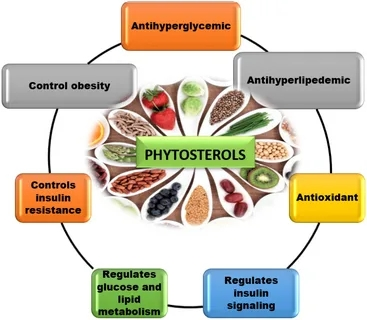
Safety Recommendations
It is advised to adhere to the dosage recommendations listed on the product label in order to guarantee the safe ingestion of phytosterols. Maintaining a well-balanced diet that is abundant in fruits, vegetables, and whole grains is crucial in order to reduce the possibility of any adverse effects.
Conclusion
In conclusion, most people are safe to use phytosterols as long as they adhere to authorized dosages. Although some possible adverse effects, including a reduction in the absorption of fat-soluble vitamins, can occur, they are not very common and do not provide a serious risk to health. As usual, you should speak with a medical expert before incorporating any new supplements into your diet.
For more information about them, please contact sales@jayuanbio.com.

